
Talk about it…no matter how insignificant it may seem
Learn to take it one day at a time. Instead of worrying about how you will get through the rest of the week or coming month, try to focus on today. Each day can provide us with different opportunities to learn new things and that includes learning how to deal with your problems.
There is no right or wrong way to grieve, but there are healthy ways to deal with the grieving process.
Humans like to feel optimistic about and in control of where their life is headed. The pandemic has made it very hard to feel that way.

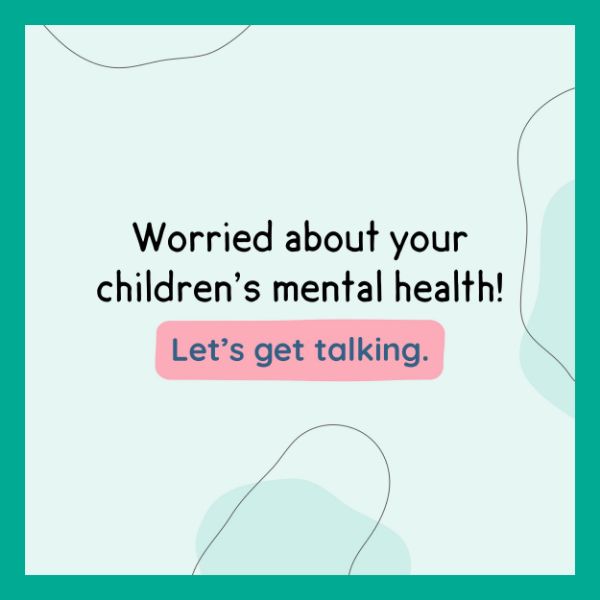
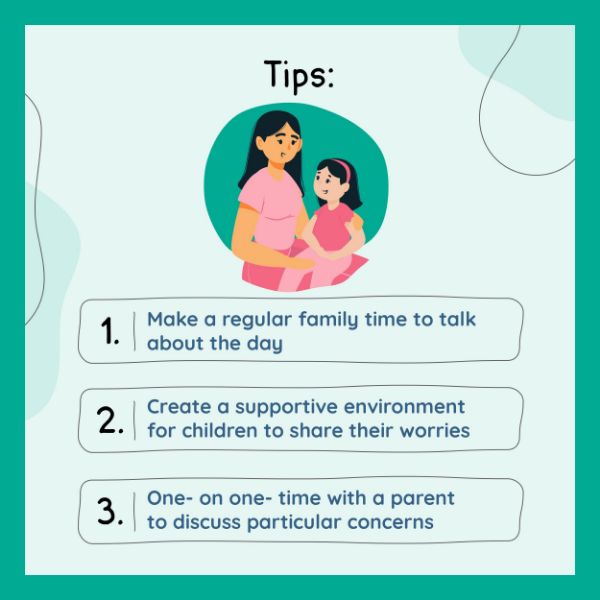
A child’s mental health is just as important as their physical health, particularly when it comes to dealing with stress, behavior, and academics.
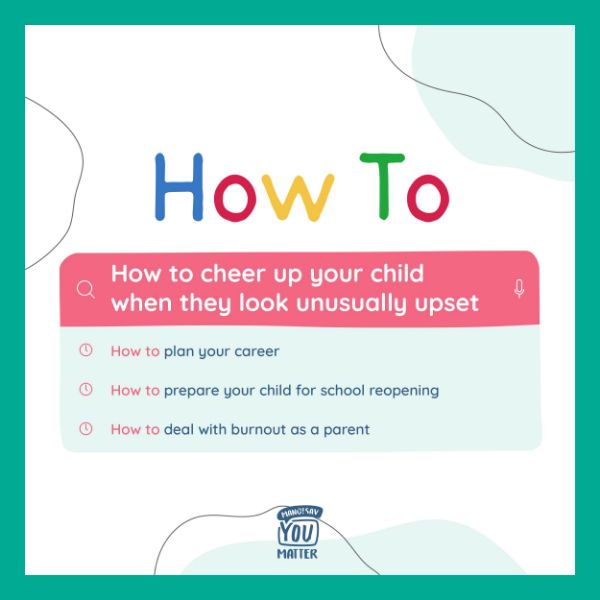
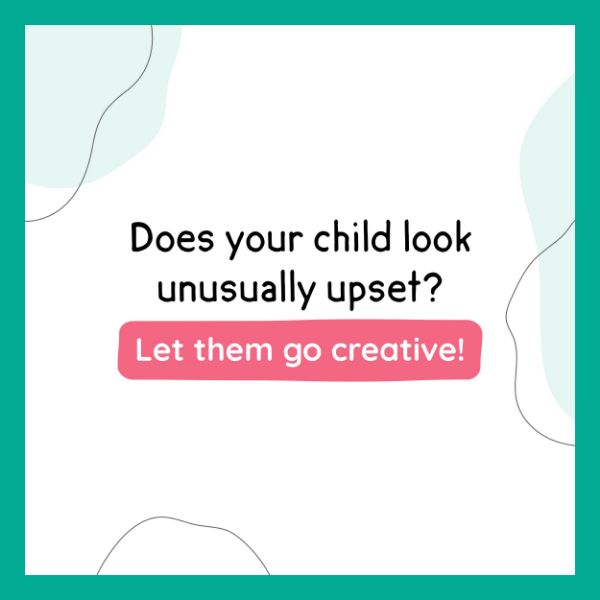
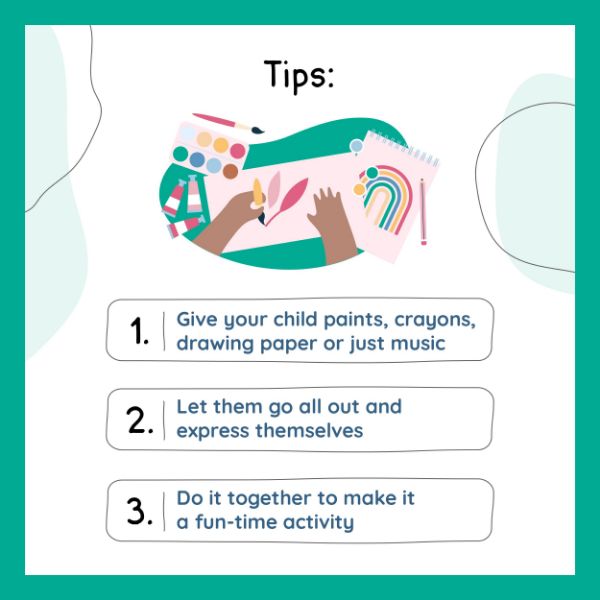
Help children to talk about their feelings. You are feeling sad right now because Daddy moved to another house. It’s okay to feel sad. Would you like to talk about it?”


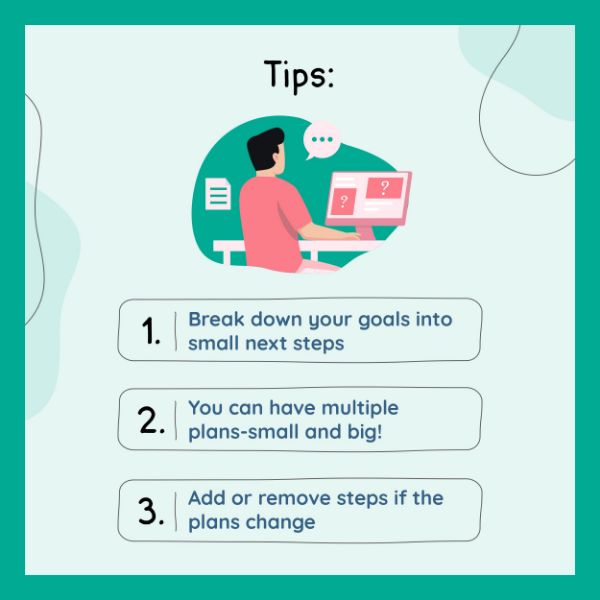
Life is filled with uncertainty and worries about the future. While many things remain outside your control, your mindset is key to coping with difficult circumstances and confidently facing the unknown.

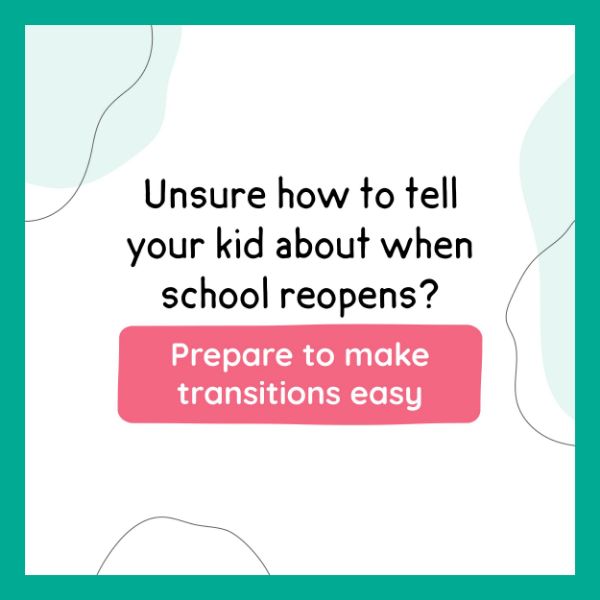
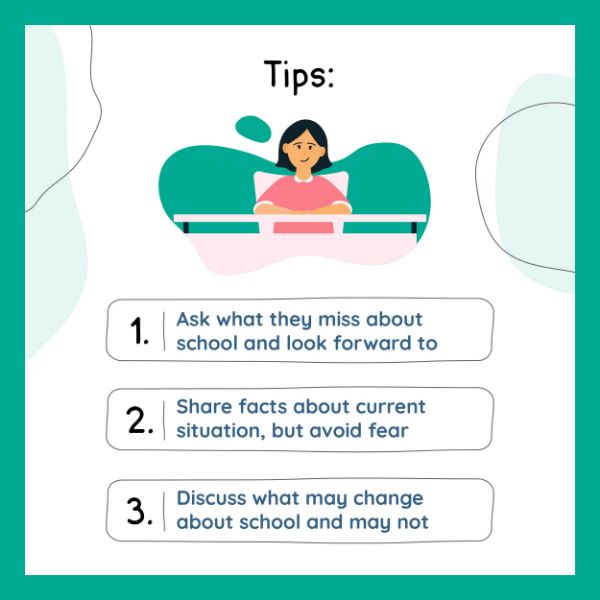
Life during the COVID-19 pandemic is difficult for parents and children alike. The return to school is an important and hopefully welcome step, but you and your children likely have many questions.
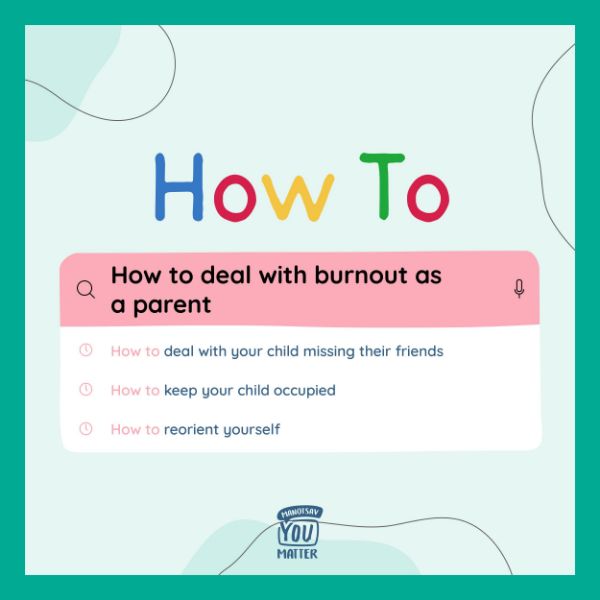
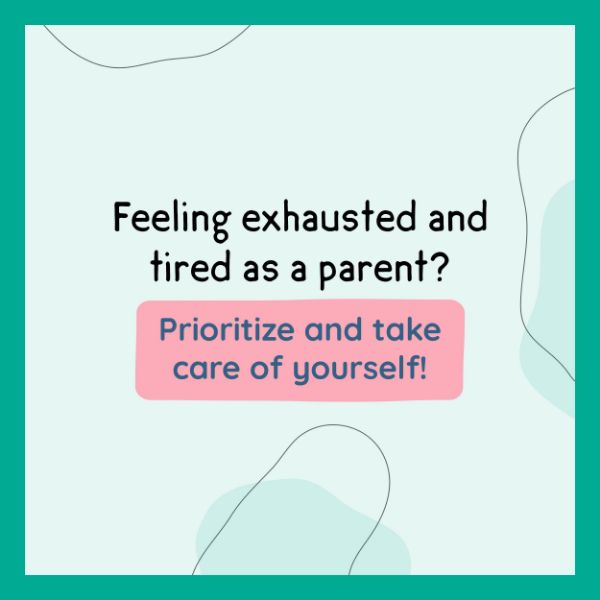
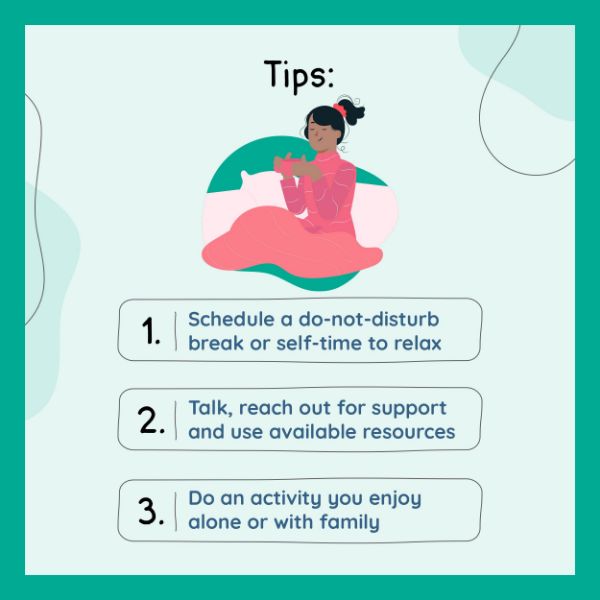
Parental burnout leads to overwhelming exhaustion, emotional distancing from your children, and a sense of being a poor or ineffective parent. These effects can take a severe toll on your mental health.
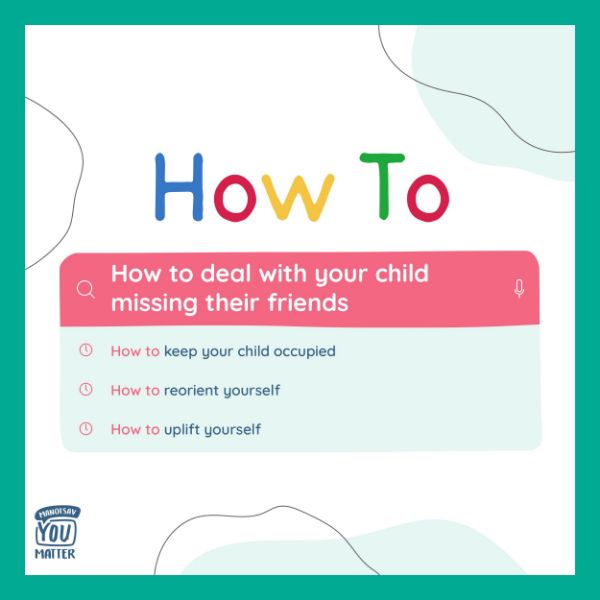
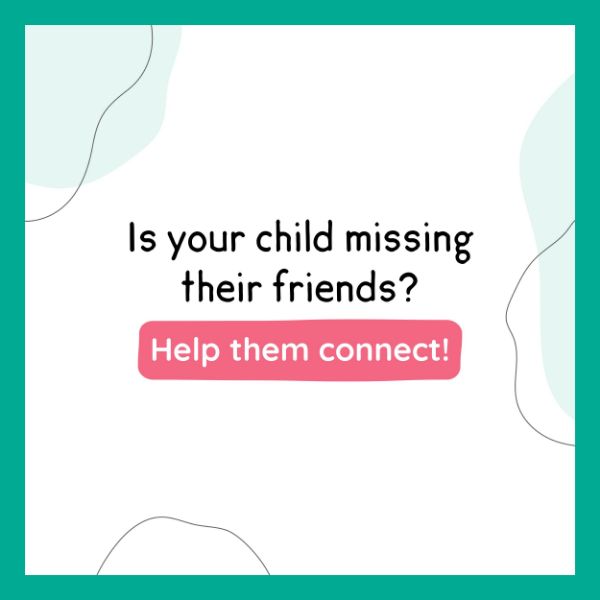
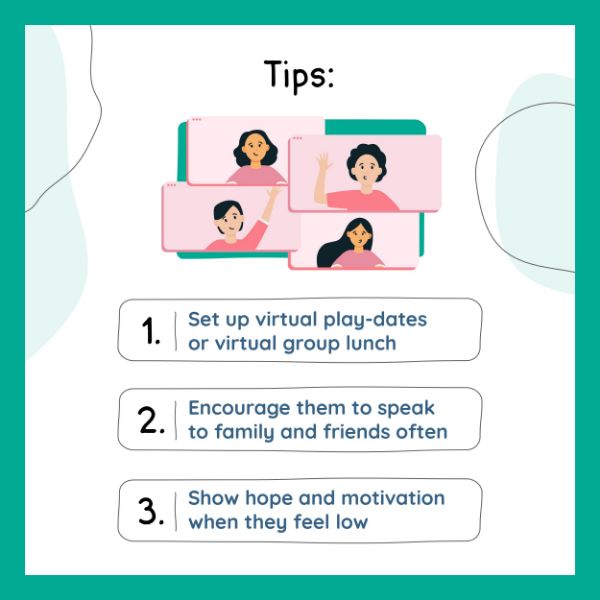
It can be very difficult for a child to adjust to a best friend’s absence, even if they have other friends and a solid social circle. However, if your child is experiencing this kind of loss, there are ways to help them get through this emotional change.
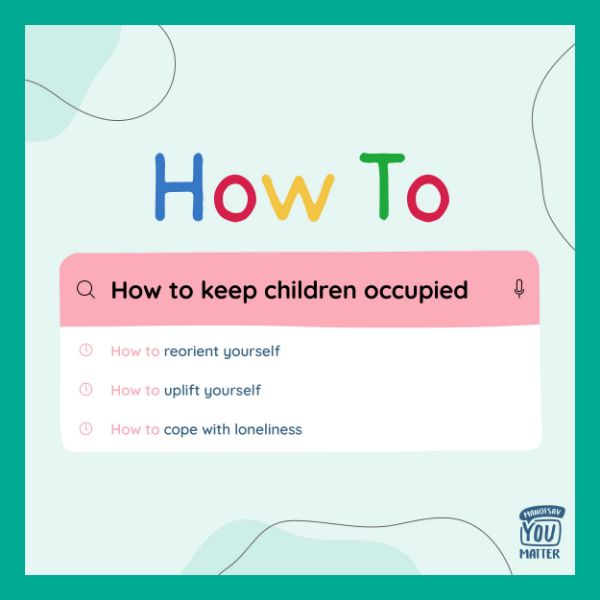
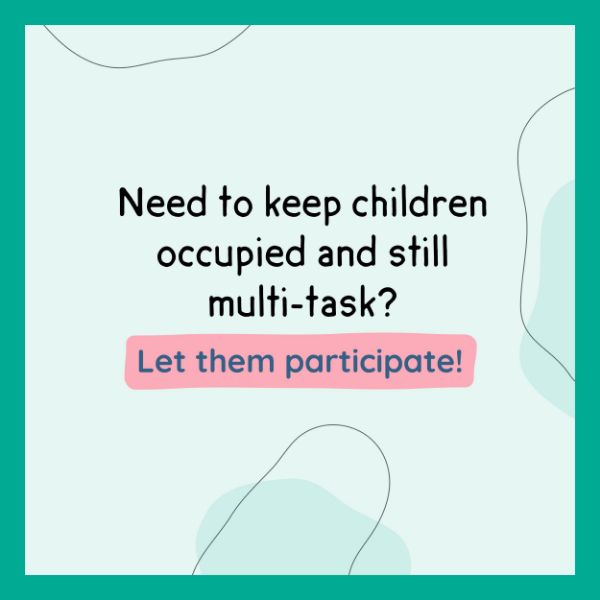

With plastic or silicone bowls and utensils, they can help do things like: wash fruits and vegetables, mix dry and wet ingredients together, scoop or stir ingredients, mash soft ingredients, like bananas.
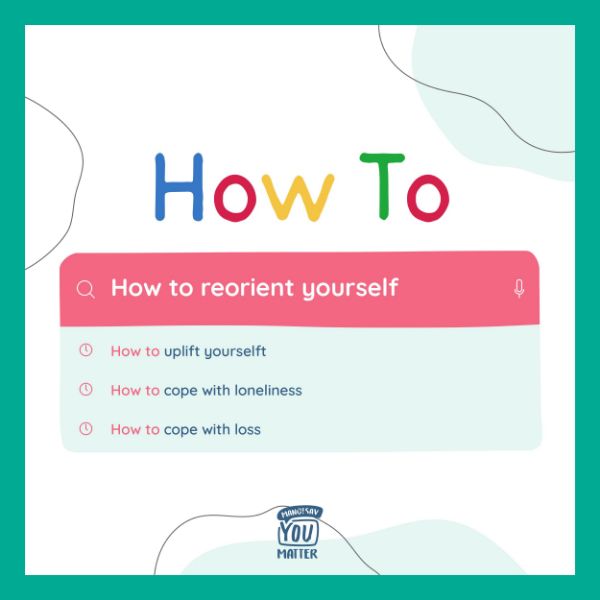
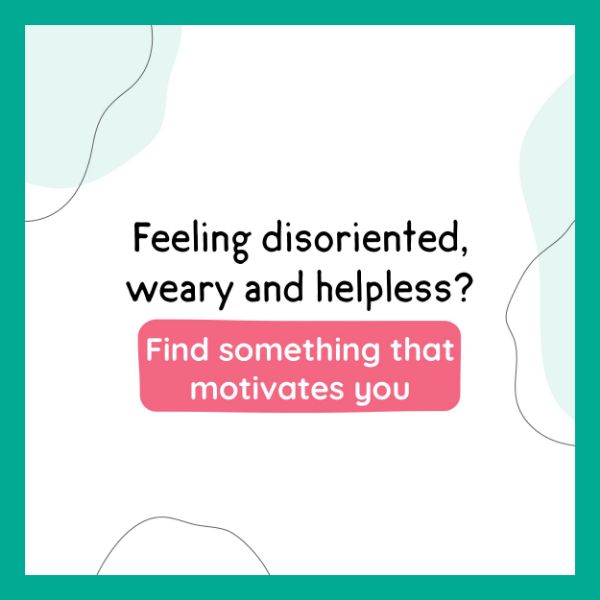

You need to “reorient” yourself everyday for as long as it takes. You keep practicing tuning into happiness until optimism and happiness become dominant in your life.
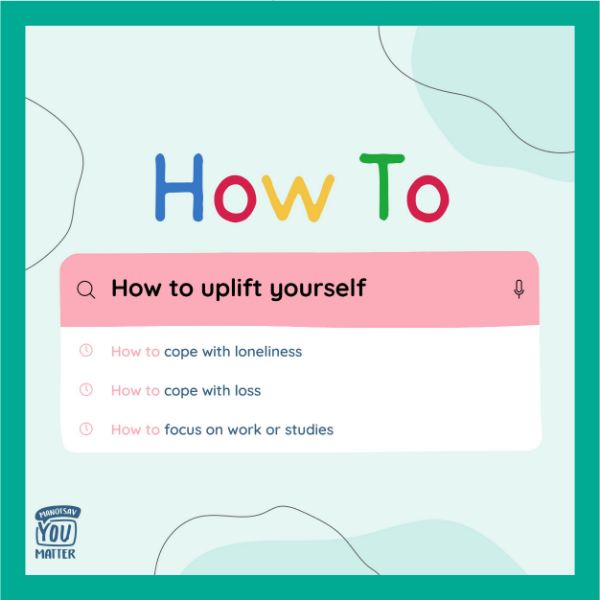
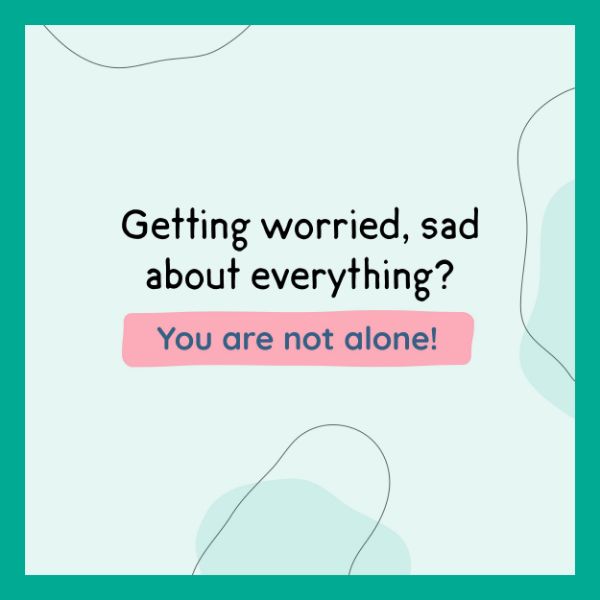

You can change the way you feel simply by changing the environment you are in. You don’t have to get fully out in the wilderness, even a walk in a nice city park can really uplift you.
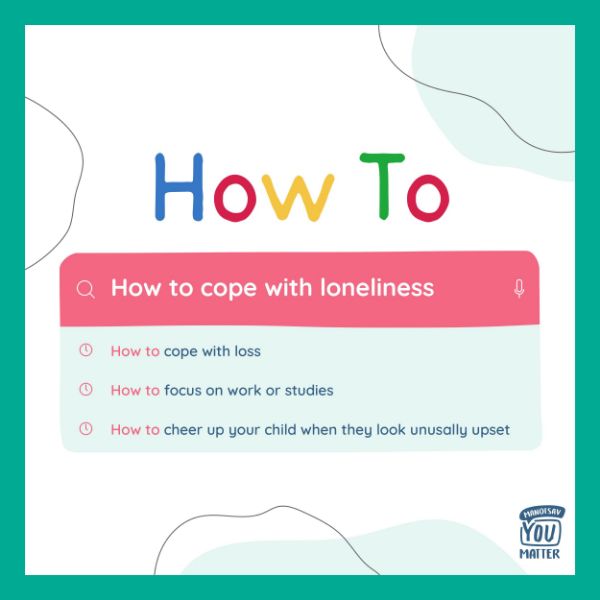
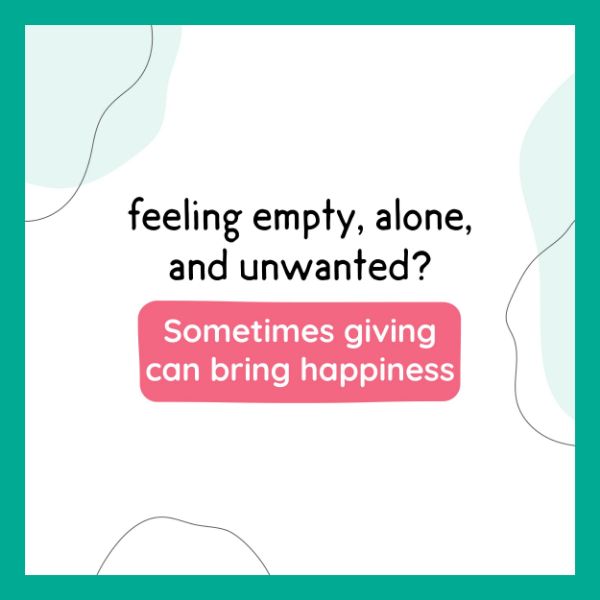

We all feel lonely from time to time. Feelings of loneliness are personal, so everyone’s experience of loneliness will be different.One common description of loneliness is the feeling we get when our need for rewarding social contact and relationships is not met. But loneliness is not always the same as being alone.
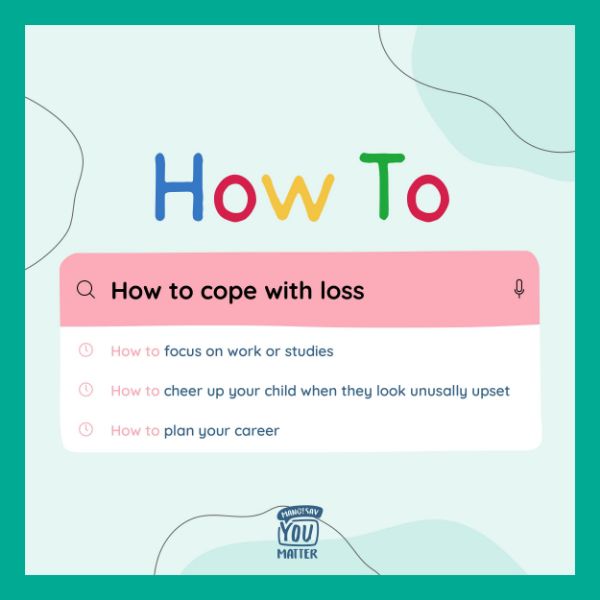


The loss of a loved one is life’s most stressful event and can cause a major emotional crisis. After the death of someone you love, you experience bereavement, which literally means “to be deprived by death.”
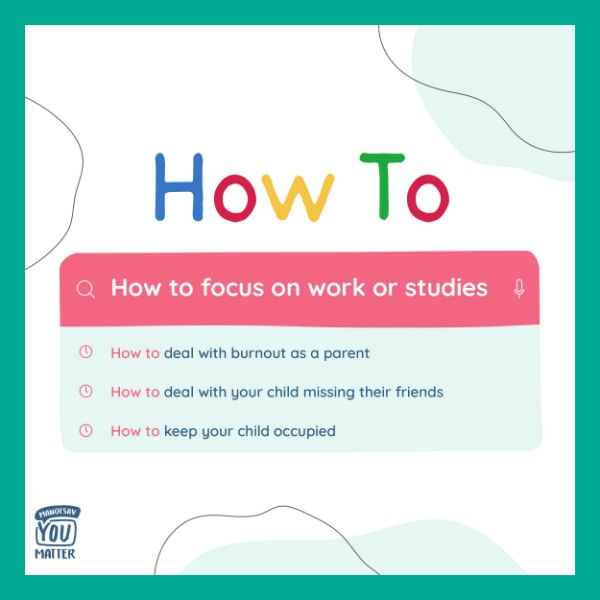


It’s tough to stay mentally focused when you are ruminating about the past, worrying about the future, or tuned out of the present moment for some other reason.
- Not looking after one’s own well-being and mental health.
- I can care for others better when I am felling well.
- Being fearful and forwading information that adds to panic and confusion.
- Sharing facts for awareness and steps to deal with issue.
Emotional health is an important part of overall health. People who are emotionally healthy are in control of their thoughts, feelings, and behaviors. They’re able to cope with life’s challenges. They can keep problems in perspective and bounce back from setbacks. They feel good about themselves and have good relationships.
The little things are essential because they comprise the vast majority of our lives. Significant events occur sporadically. Small ones happen from moment to moment. When you neglect the little things, you miss out on enjoying a considerable swath of your life.
Self-care and self-love are connected to healing your relationship with yourself. You learn to love every part of you; you feel positive, confident and full of self-esteem.
If you want happiness for an hour, take a nap. If you want happiness for a day, go fishing. If you want happiness for a year, inherit a fortune. If you want happiness for a lifetime, help somebody.
Spending time with someone you really care about can be one of the rare blessings life can offer. After all, when we get old, all we have are the memories that we can think of and relive. These memories that a person makes prove to be a cherished aspect of our life. In fact, one can enjoy thinking of them again and again.


















